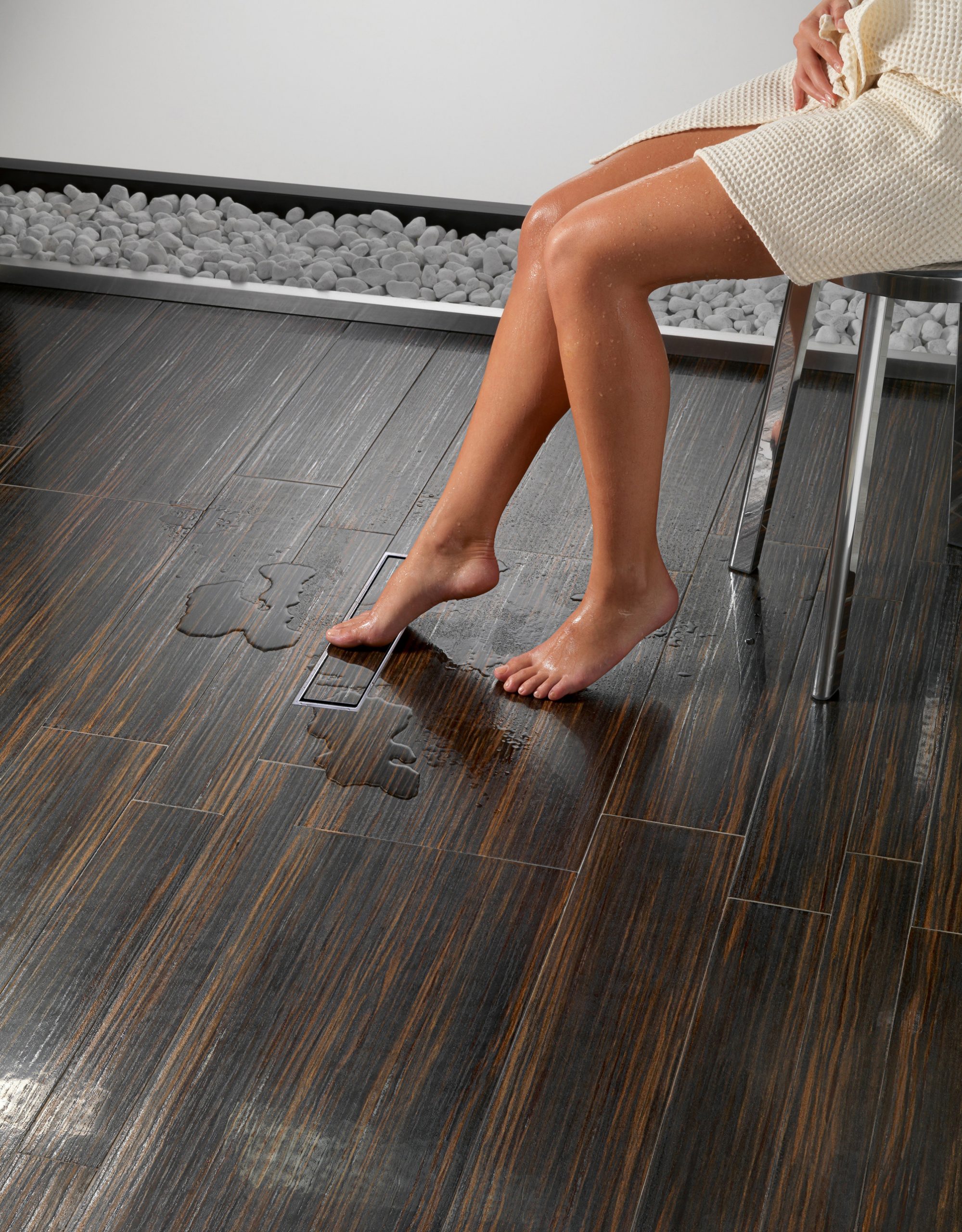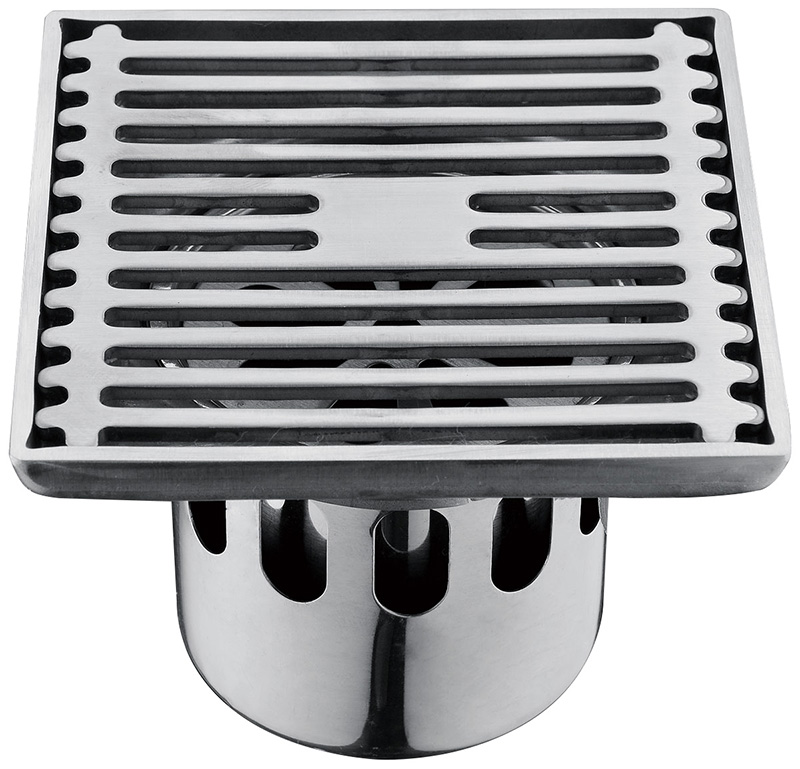Floor drains are an essential and often overlooked component of our homes. They play a crucial role in maintaining proper drainage and preventing water damage. In this article, we will delve into the importance and benefits of floor drains, and how they contribute to the overall well-being of your living space.
The Significance of Floor Drains
When it comes to water management, floor drains are a game-changer. They are specifically designed to handle the excess water from various sources, such as showers, sinks, and appliances. By effectively diverting water away from your floors, they prevent the accumulation of stagnant water, which can lead to unpleasant odors, mold growth, and even structural damage.

Preventing Water Damage
One of the key benefits of floor drains is their ability to prevent water damage. Imagine a scenario where a pipe bursts or a washing machine overflows – without a floor drain, your floors would quickly become flooded, causing costly damage to your home and belongings. However, with a properly installed and well-maintained floor drain, the excess water can be swiftly drained away, minimizing the risk of significant damage.
Promoting Hygiene and Safety
In addition to preventing water damage, floor drains also play a vital role in maintaining a clean and hygienic environment. They help to remove excess moisture, which can attract pests and bacteria. By effectively eliminating excess water, floor drains contribute to a healthier living space and reduce the risk of slip and fall accidents caused by wet surfaces.
Types of Floor Drains
There are various types of floor drains available, each suited for different purposes. Common types include point drains, linear drains, and area drains. Depending on your specific needs and requirements, consulting with a professional can help determine the most suitable type of floor drain for your home.

Maintenance Tips
To ensure the optimum performance of your floor drains, regular maintenance is essential. Here are a few tips to keep in mind:
Routinely inspect the drain cover and remove any debris or blockages.
Clean the drainpipe to prevent clogs caused by accumulated dirt or soap scum.
Use a mild detergent and warm water to clean the drain cover and surrounding area.
Schedule professional maintenance at least once a year to address any potential issues and ensure the proper functioning of your floor drains.

Floor drains may not be the most glamorous aspect of home design, but their importance cannot be overstated. From preventing water damage to promoting hygiene and safety, they offer invaluable benefits. By understanding their significance and implementing proper maintenance, you can enhance the overall well-being of your home and enjoy a clean and worry-free living environment.
Remember, when it comes to floor drains, it’s better to be proactive than reactive. Invest in quality floor drains, prioritize regular maintenance, and enjoy the peace of mind that comes with having a functional and efficient water management system in your home.
 Wiga Tap Manufacturer
Wiga Tap Manufacturer 